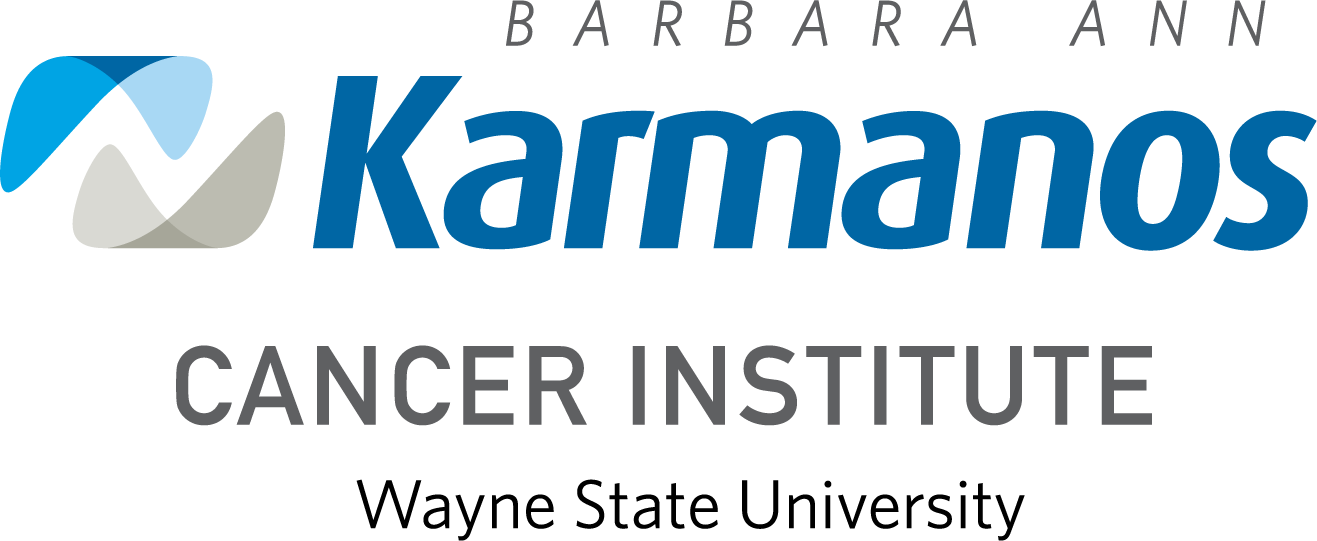
Dr Zonder on Unmet Needs to be Addressed in Multiple Myeloma

Jeffrey Zonder, MD, discusses notable unmet needs that remain to be addressed in the treatment of patients with relapsed/refractory multiple myeloma.
Jeffrey Zonder, MD, leader, Multiple Myeloma and Amyloidosis Multidisciplinary Team, Barbara Ann Karmanos Cancer Institute; professor, medicine, Departments of Hematology and Oncology, Wayne State University School of Medicine; member, Leukemia & Lymphoma Society – Michigan Chapter, discusses notable unmet needs that remain to be addressed in the treatment of patients with relapsed/refractory multiple myeloma.
Zonder begins by stating that he believes there are 2 areas that represent significant unmet needs for this patient population. One area, which was not thoroughly addressed at the
Another notable unmet need, which garnered significant attention at both the 2023 ASH Annual Meeting and the
Additionally, there's a need to address the management of on-target/off-tumor adverse effects associated with talquetamab. The immunotherapy paradigm for multiple myeloma is complex and requires careful dissection, making it one of the focal points at the 2023 ASH Annual Meeting, especially within the relapsed setting, where abstracts on specific therapies and CAR T-cell products predominated, he concludes.




































